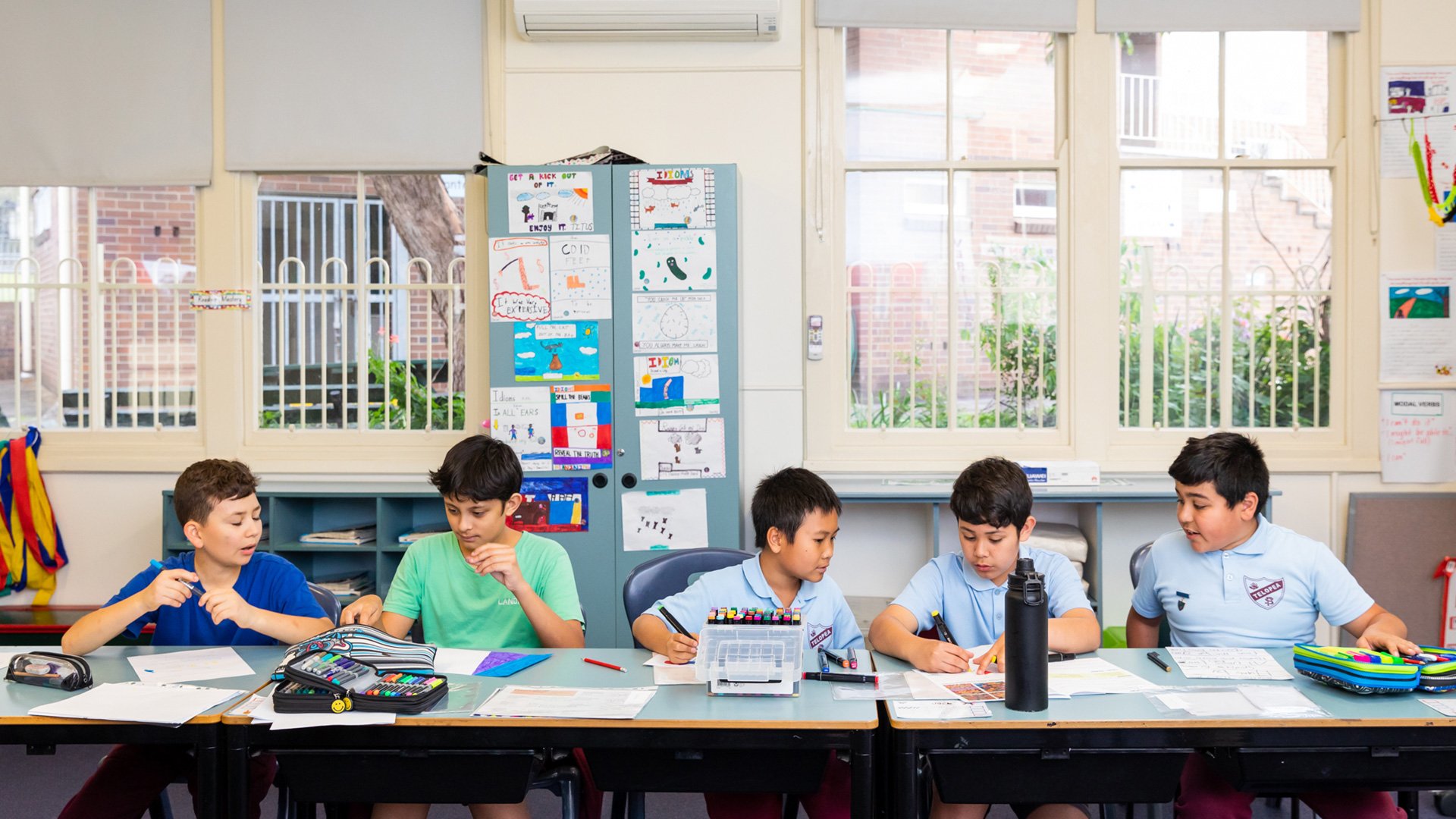All Story Factory programs align closely with the syllabus to support teachers achieving their goals.
We work with schools in many ways:
- One-off workshops: bring a class to visit us for a two-hour blast of creative writing inspiration at our beautifully-designed creative writing centres in Redfern or Parramatta.
- Term Programs: book us to come to your school. We can work with you to deliver a writing program once a week for a term, or multiple terms.
- Residency Programs: once you’ve tried the above, apply to become a Story Factory Residency School. We’ll commit to working with your students for at least a year, working with multiple classes, to create a culture of writing throughout the school.
All programs, whether they run for two hours or a term, end with the publication of students’ writing in a handsomely bound book which they can take home to share with their family and community.
Enquire for a free writing workshop series via: info@storyfactory.org.au
One-Off workshops
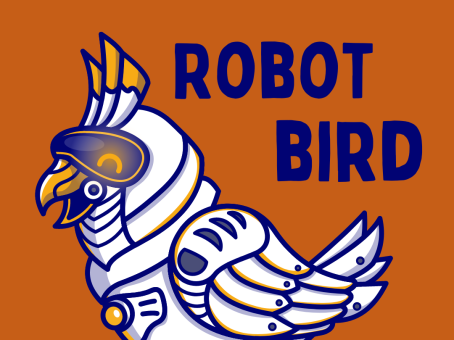
Robot Birds
- One-off workshop
- Term 2
- In-person
- Stage 2 or 3
At Story Factory we’ve wrestled (in a totally gentle and bird friendly way of course) birds and writing into the mechanised, robotic 21st century. In this workshop students will begin by creating their own fantastical Robot Bird, a creature that represents some special aspect of their own personality, then write a story sharing the tale of their first meeting with the Robot Bird.
Enquire Now!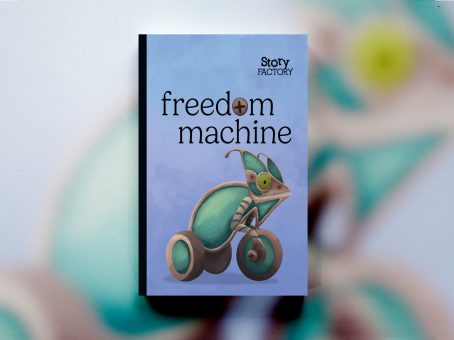
Freedom Machine
- One-off workshop
- Term 2
- In-person
- Stage 3 or 4
What is freedom to you? It means different things to different people at different times. What if you could build your very own freedom machine? What would it look like? How would it move? Where would it take you? In this two hour workshop students will explore Kirli Saunders and Matt Ottley’s beautiful picture book, The Incredible Freedom Machines. They will use this as an inspiration to design their own freedom machine. Students will then write a 1 to 2 stanza narrative poem describing their machine and where they would use it to go to feel free.
Enquire Now!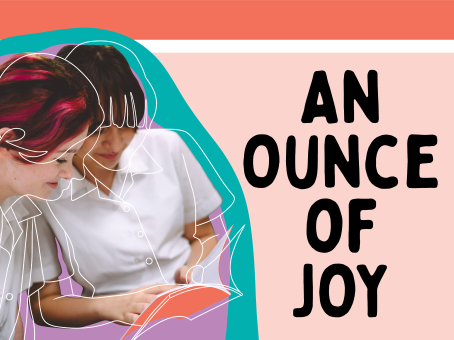
An Ounce of Joy
- One-off
- Term 2
- In-person
- Stage 4 or 5
Looking for an opportunity to promote student wellbeing through positive, achievable and supported writing experiences? In this workshop students will ideate and reflect on the things in life that bring them joy and happiness. The mentor text and inspiration for their own short and personal piece of writing will be an Instapoem by acclaimed British-Indian writer and illustrator Nikita Gill This workshop is ideal for reluctant writers.
Enquire Now!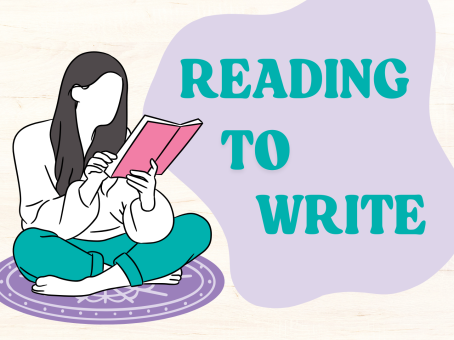
Reading to Write
- One-off workshop
- Term 2
- In-person
- Stage 6
Looking for practical and engaging ways to enrich your students’ understanding of the relationship between reading and writing? In this two hour workshop students will be exposed to diverse and appealing mentor texts (including contemporary poetry, multimodal and digital texts) and engage in short and achievable activities that build their knowledge of imaginative, discursive and informative writing. This workshop is designed to engage reluctant writers and readers.
Enquire Now!Term-long workshops
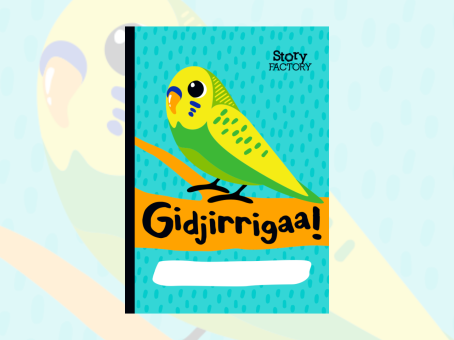
Gidjirrigaa!
- Stage 2
- Term 2 (term-long)
- In person
In this workshop series students will explore the surprising and fascinating lives of budgerigars. They will devise their own budgerigar characters and create crafted portraits of these popular pets. Students will create short poems and persuasive and informative writing that will include their use of vocabulary from Aboriginal languages. This workshop will use extracts from a range of contemporary picture books to inspire and model student writing.
Enquire Now!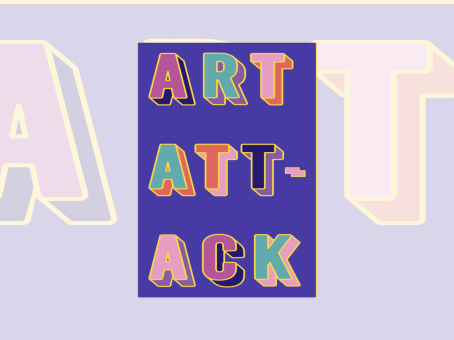
Art Attack
- Stage 3
- Term 2 (term-long)
- In person
In this workshop series students will engage with visual artworks by contemporary makers – including Australian and First Nations artists – from around the world. They will be challenged and excited by contemporary art practice and experiment with how such representations can create opportunities and provide strategies for writing that is personal, inventive and engaging. Students will create a portfolio of varied pieces of writing may include short narratives, poetry and multimodal texts that are inspired by exceptional artists of the twenty first century.
Enquire Now!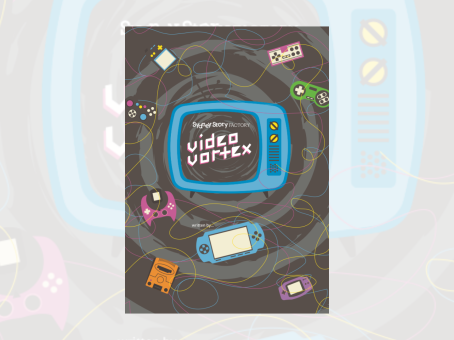
Video Vortex
- Stage 3
- Term 2 (term-long)
- In person
In this workshop series students imagine they have travelled through a vortex and are now trapped inside the world of a retro video game called (you guessed it!) Video Vortex. They create their own avatar who progresses through the strange and different levels of this game (think Creepy Castle, Digital Desert and an Enchanted Forest) as they overcome obstacles to “level up” and return home. Students develop skills in sensory writing and focus on world building and narrative structure as they create short episodes/chapters that describe their experiences moving through Video Vortex.
Enquire Now!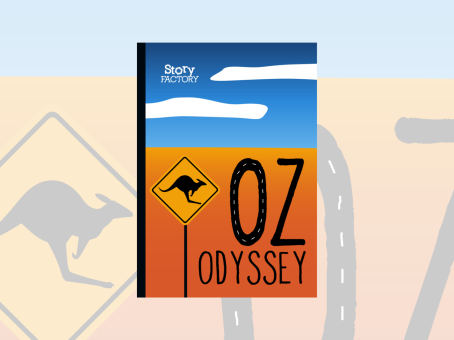
Oz Odyssey
- Stage 3
- Term 2 (term-long)
- In person
In this workshop series, students are asked to imagine they receive a call to action from a natural element. They have an adventure through Wiradjuri Country, Ngarrindjeri Country and Kunwinjku Country, where they are given an opportunity to learn about the land, the history and the wonderful First Nations languages. Throughout this journey of self-discovery, the students ultimately learn what home means to them. We hope you enjoy their stories.
Enquire Now!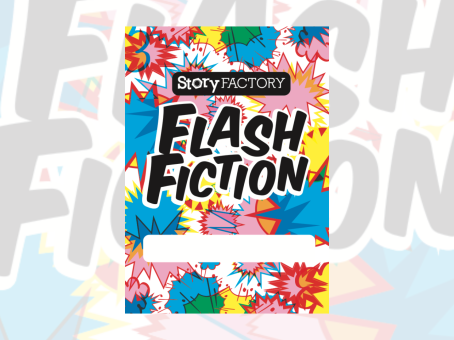
Flash Fiction
- Stage 4
- Term 2 (term-long)
- In person
In this series of creative writing workshops students will write and edit a suite of very short stories, also known as flash fiction, that will be published in a class anthology. This short short fiction will include such types of flash fiction as six word stories, hint fiction, two sentence stories and drabbles.
Enquire Now!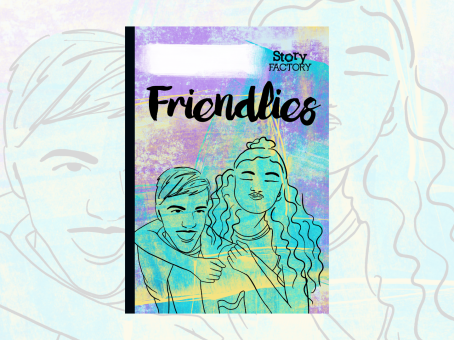
Friendlies
- Stage 4
- Term 2 (term-long)
- In person
In this workshop series students will plan and write a contemporary short story in the Young Adult (YA) genre that explores a friendship between two imagined characters. They will begin by engaging in world and character building and devising a story map before describing the challenges facing and the journey of this friendship in a series of 4-5 short scenes or vignettes. Students will explore the concept of friendship through a diverse range of mentor texts by local and international authors.
Enquire Now!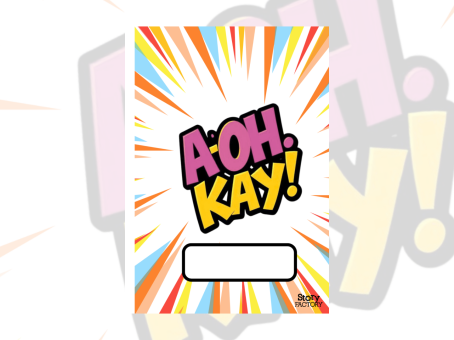
A-OH-KAY!
- Stage 5
- Term 2 (term-long)
- In person
In this workshop series students engage in an exploration of a collection of online hybrid writing in prose and poetry by US writer, school psychologist and educator Amy Kay. They use her individual pieces as inspiration for their own imaginative or discursive writing. Students will consider the relationship between reading and writing as they use both writing by Amy Kay and the mentor texts that inspired her published texts as the stimulus for their own creativity. This workshop series will culminate in a sequence of texts that reflect the students’ own experiences and how their reading shaped their choices and voices as writers.
Enquire Now!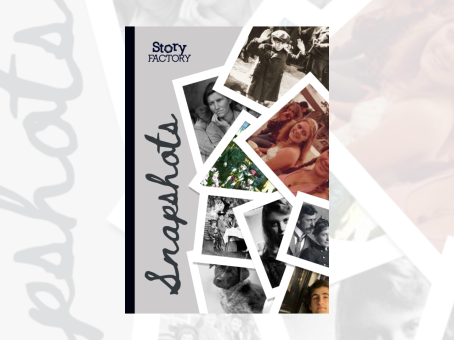
Snapshots
- Stage 5
- Term 2 (term-long)
- In person
Think of the small moments in time that are significant in our lives, or that contribute to the story of who we are. How do you capture that moment on camera? In words? Who takes the picture? What happens outside the frame? What stories do they tell? In this workshop series, students will consider the relationship between photography and poetry and create short poems, vignettes and flash fiction pieces inspired by the work of a range of local and international writers, and visual and photographic artists, as well their own photographs.
Enquire Now!
